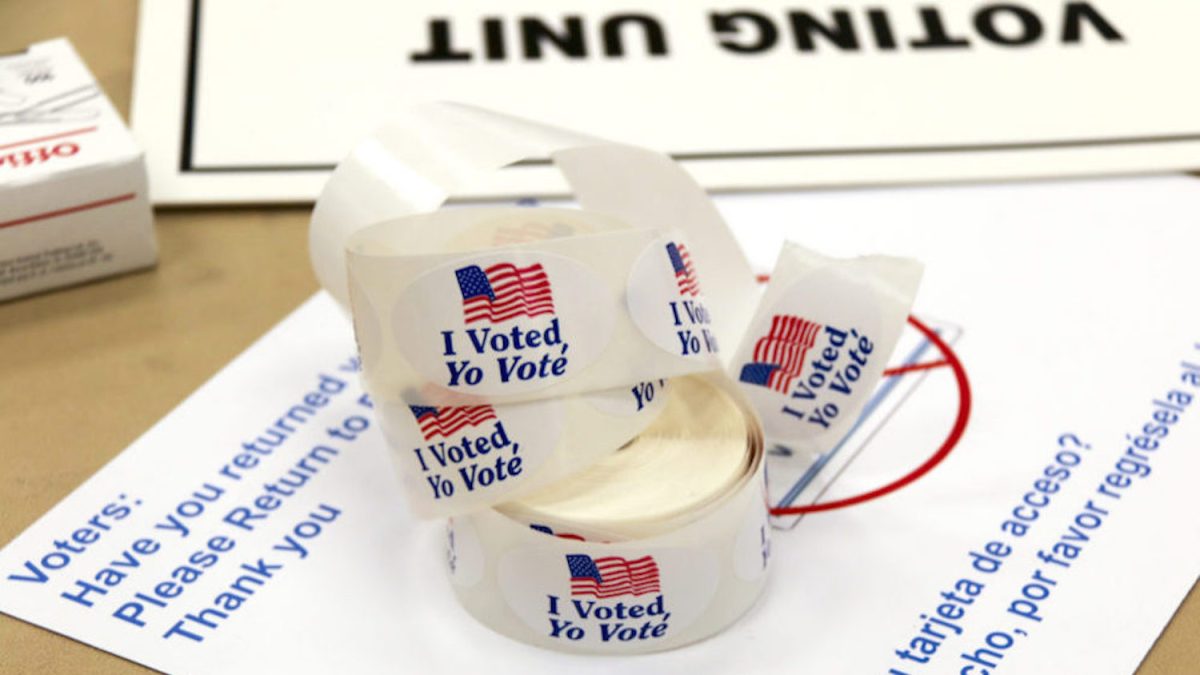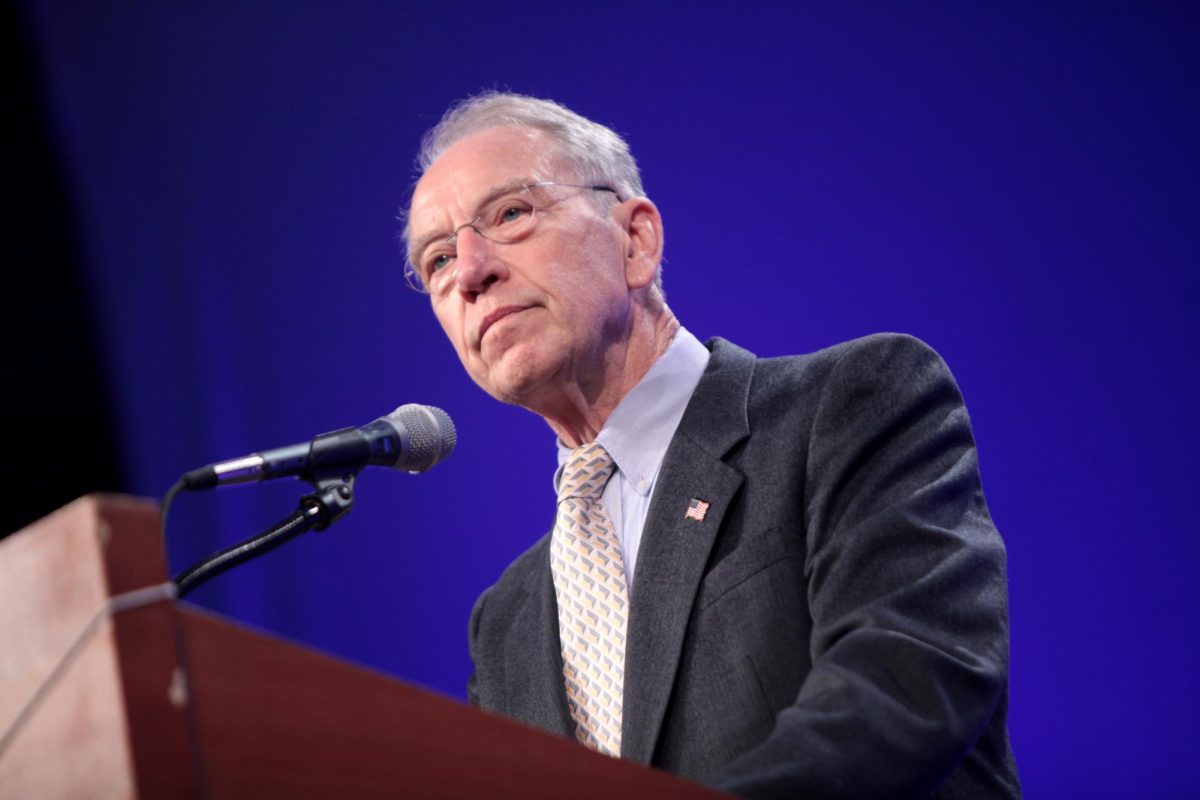Despite often overshadowed by the presidential election, California’s propositions are especially impactful across the state by creating bonds that raise money for different things, or amendments to the California Constitution.
There were 10 propositions on the ballot for the 2024 election, six of which passed, each having different impacts to people’s lives across California. These ranged from bond propositions that would help schools to change the wording to the California constitution, to changing the charges for theft and drug trafficking into felonies.
“California is very fortunate in that we have the proposition process, because not every state has that, and that is the way people can directly have their voice be heard,” social studies teacher Ramie Macioce said. “With that said, unfortunately, sometimes it does turn into a money thing…so it’s a question, does money have a voice?”
Macioce said that the proposition process is very important to policies in California, but is wary of where funding for these propositions comes from. Junior Rio Klootwyk shares a similar sentiment, and recommended doing research into different propositions. Prop 33 was a proposal to allow local governments to implement rent control measures.
“I think it’s really important [to do research] because since I did a bunch of research on Prop 33, [I found] that it is actually very misleading,” Klootwyk said. “A lot of people thought it was a good thing, but it was actually funded by a company that owns a bunch of buildings in Skid Row in LA…they’re actually really bad landlords themselves.”
Klootwyk mentioned Prop 33, a more controversial proposition about rent control, which has many implications to a variety of people. Elias Mooring, an English teacher, also found that Prop 33 was initially misleading.
“Rent control, in theory, is an idea that I am extremely in favor of, and my immediate reaction was like ‘yes, absolutely, we need rent control,’” Mooring said. “Unfortunately, the proposition was not written in a way that would bring about effective change…it was going to result in less housing being built and rent control being used only in some neighborhoods.”
Mooring also saw the power Prop 33 would give to local governments as a problem, saying it would perpetuate gentrification and even segregation. After the vote, Prop 33 failed, meaning that local governments are not able to implement rent control measures. Another proposition on the ballot that received a lot of attention from the Woodside community was Prop 6, which was to change the California Constitution wording in order to end indentured servitude, which is still practiced today in incarceration facilities.
“A lot of people think that forcing people to work is going to help transition them into being part of society… it’s essentially seen as rehabilitation,” Mooring said. “I am against this because I don’t think that anyone should be forced to do labor for little to no pay…I think this is just another way of society to scapegoat people that have been convicted, wrongfully or not.”
Mooring said that indentured servitude is common among private prisons, which use forced labor from their prisoners to produce items such as license plates. Prop 6 failed, which means that the Constitution was not changed, and indentured servitude in incarceration can continue. Klootwyk said that it is very important for voters to do research into the different propositions in order to know what they are voting on.
“There are obviously ulterior motives to [funding propositions], and I think that a lot of people just don’t vote on the propositions,” Klootwyk said. “[This] means that things like indentured servitude is still allowed, even though that’s something I don’t think most people want.”
Mooring shared this thought, saying that one of the biggest things a voter can do to make their voice heard is to get informed and cast their vote.
“I think the big problem with the way that some of these propositions passed or failed was because voters were not informed,” Mooring said. “I think that it is good practice to figure out what it is you’re actually voting for, because things like this actually have impacts on people’s lives, real, tangible impacts.”






